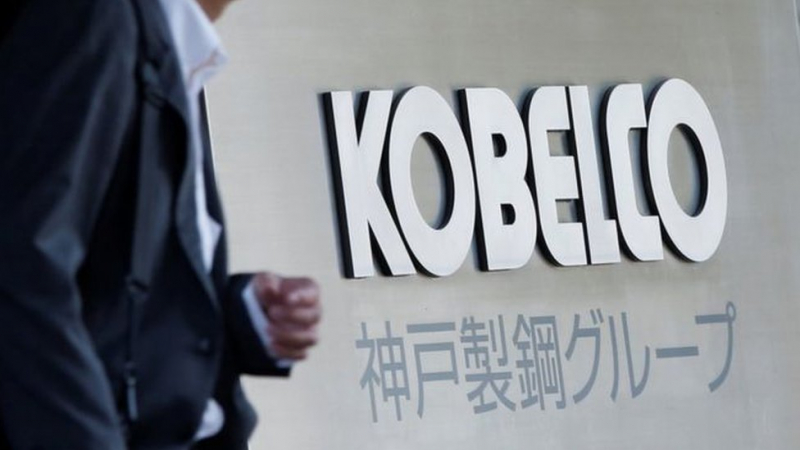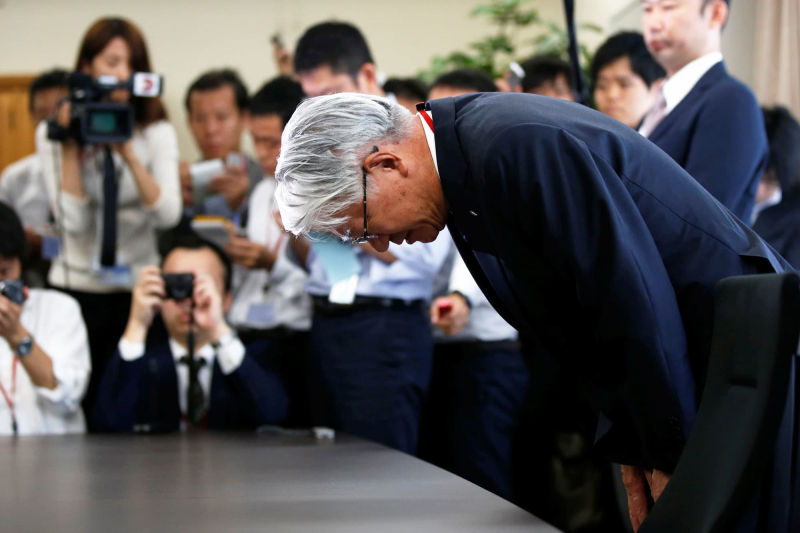Kobe Steel scandal

The Kobe Steel scandal began in October 2017 when the business admitted to falsifying statistics regarding the quality of its aluminum, steel, and copper products. Japan's third-largest steelmaker announced that its CEO will step down to accept responsibility for the widespread data fraud scandal that surfaced last year, though questions about its corporate culture and the possibility of future fines remain. Kobe Steel, which supplies steel parts to car, plane, and train manufacturers around the world, admitted last year to supplying products with falsified specifications to approximately 500 customers, disrupting global supply chains. The company, in announcing the results from a four-month-long investigation by an external committee, said it had also found new cases of impropriety, widening the total of affected clients to 605, including 222 customers overseas.
Hundreds of large corporations, including Toyota, Honda, Subaru, and Mitsubishi Heavy Industries, had employed these, raising worries about product safety. For example, the Central Japan Railway Company discovered that 310 parts in its bullet trains did not match agreed-upon requirements. The controversy caused a significant drop in Kobe Steel's stock price and the resignation of CEO Hiroya Kawasaki. According to the company's March 2018 report on the scandal, it had "a management style that overemphasized profitability, as well as weak corporate governance."
Date: October 2017
Location: Japan











